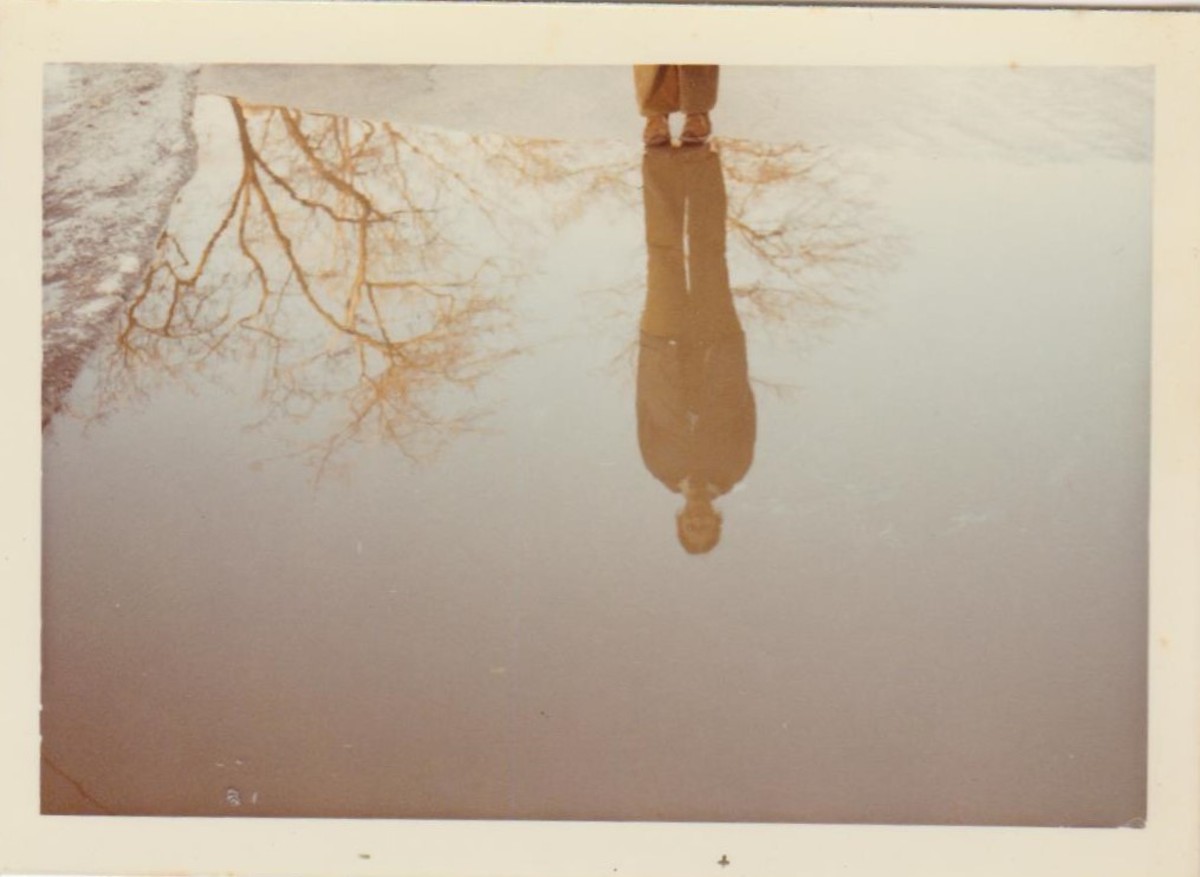
Do we know how to be alone? Many of us fear loneliness, that crippling detachment from life warmth and joy; existence without participation. But we should be happy in our skins. Enjoy the solitude. In this set of snapshots, submitted by the esteemed collector Robert E. Jackson, we see figures alone or if they are in company, oddly detached. Of course, someone took the image to let us look in from the fourth wall, but loneliness can be figurative if not aways literal. John Steinbeck (February 27, 1902–December 20, 1968) touched on the feeling in a letter to an old college roommate:
The loneliness and discouragement are by no means a thing that has passed. In fact they seem to crowd in more than ever. Only now I can’t talk to anyone much about them or even admit having them because I now possess the things that the great majority of people think are the death of loneliness and discouragement. Only they aren’t. The last time I saw Chaplin (this don’t repeat please but it is a part of the same thing) it was the night when the little lady [Paulette Goddard] was leaving him for good. And he said, “When I get this picture opened and all the formal things done, can I please go up to your ranch and kick all the servants out and just talk a little bit quietly about how lonely and sad I am? It will be self indulgence but I’d like to do it.” He is a good little man. And he knows so much better than I do the horrors of being a celebrity.
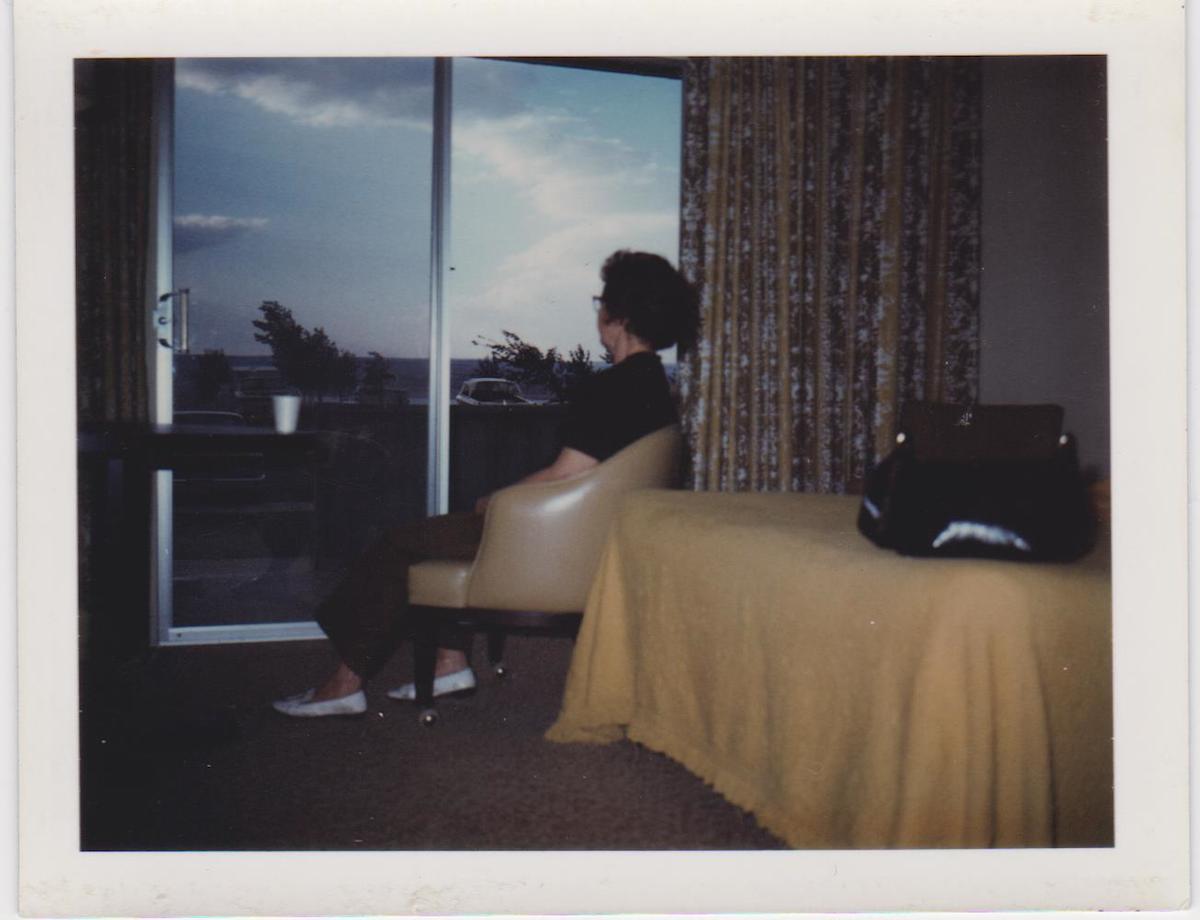
If you feel complete, you can never feel lonely. To be lonely is impossible, writes Alan Watts (January 6, 1915–November 16, 1973):
There is a world of difference between an inference and a feeling. You can reason that the universe is a unity without feeling it to be so. You can establish the theory that your body is a movement in an unbroken process which includes all suns and stars, and yet continue to feel separate and lonely. For the feeling will not correspond to the theory until you have also discovered the unity of inner experience. Despite all theories, you will feel that you are isolated from life so long as you are divided within.
But you will cease to feel isolated when you recognize, for example, that you do not have a sensation of the sky: you are that sensation. For all purposes of feeling, your sensation of the sky is the sky, and there is no “you” apart from what you sense, feel, and know.

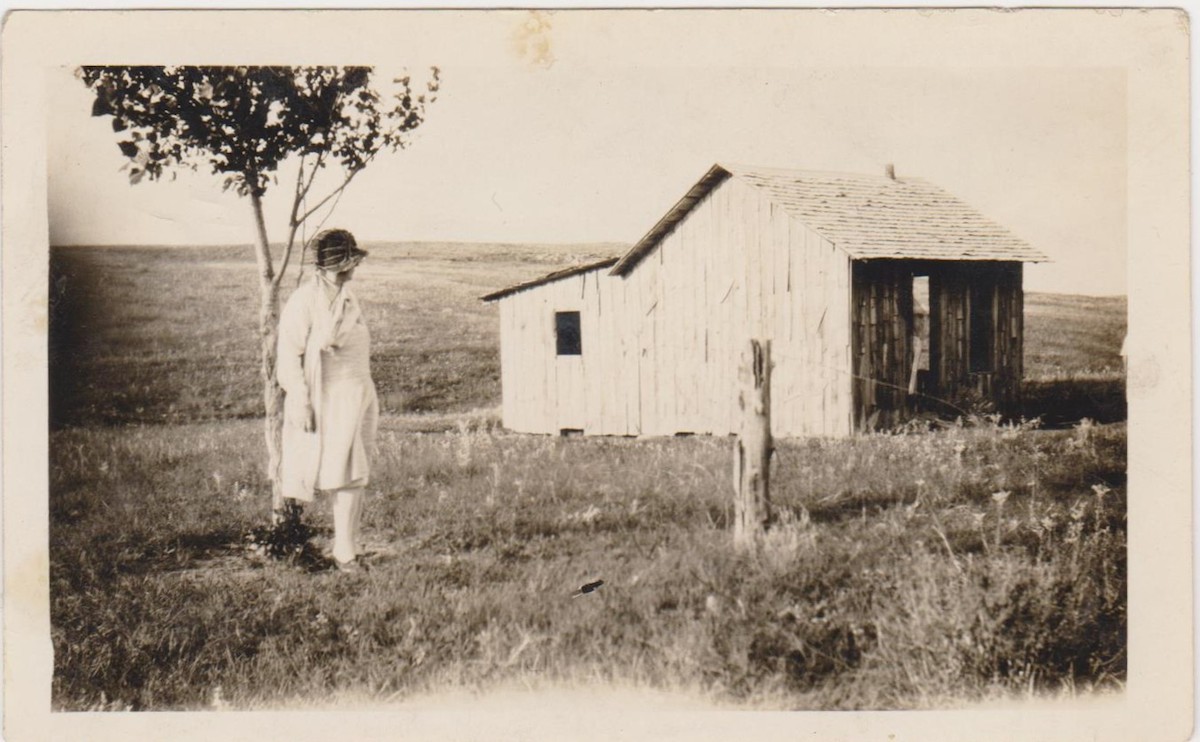
Alone one is never lonely: the spirit
adventures, waking
In a quiet garden, in a cool house, abiding single there;
The spirit adventures in sleep, the sweet thirst-slaking
When only the moon’s reflection touches the wild hair.
There is no place more intimate than the spirit alone:
It finds a lovely certainty in the evening and the morning.
It is only where two have come together bone against bone
That those alonenesses take place, when, without warning
The sky opens over their heads to an infinite hole in space;
It is only turning at night to a lover that one learns
He is set apart like a star forever and that sleeping face
(For whom the heart has cried, for whom the frail hand burns)
Is swung out in the night alone, so luminous and still,
The waking spirit attends, the loving spirit gazes
Without communion, without touch, and comes to know at last
Out of a silence only and never when the body blazes
That love is present, that always burns alone, however steadfast.
– CANTICLE 6 by May Sarton (May 3, 1912–July 16, 1995)
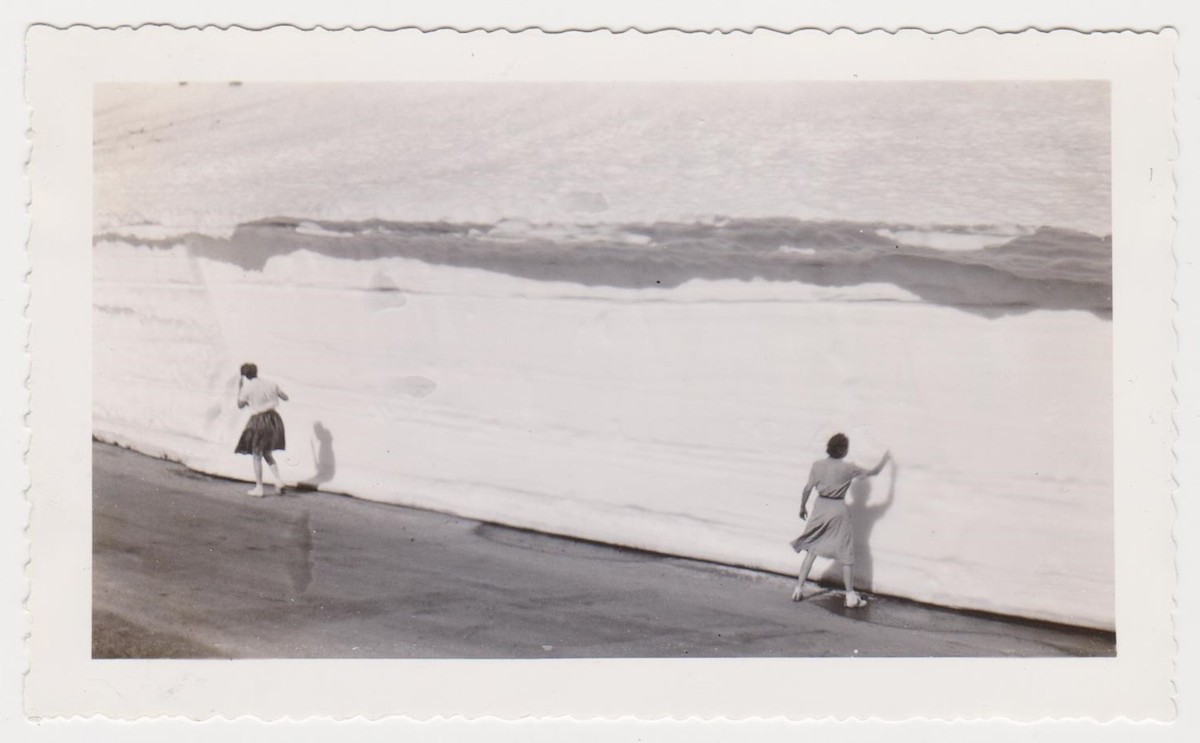
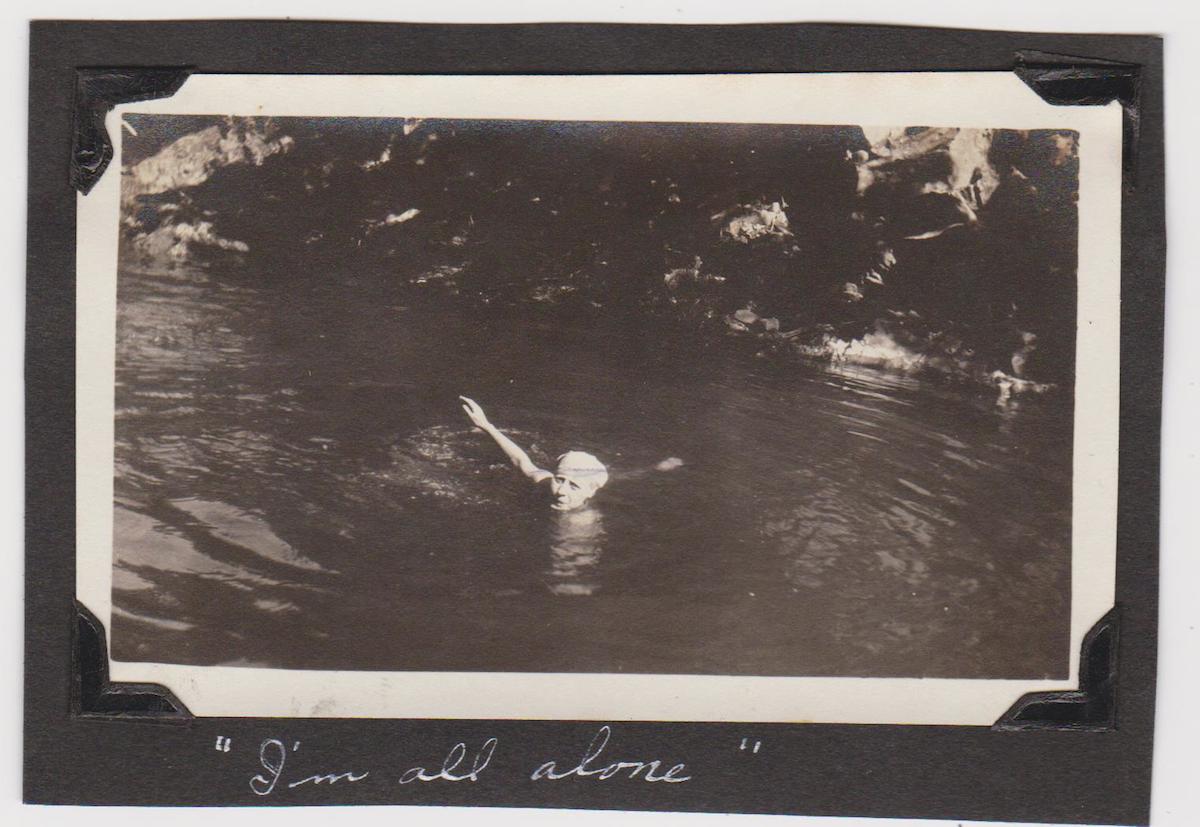
Walking back from the river I remember the galling loneliness of my adolescence, from which I do not seem to have completely escaped. It is the sense of the voyeur, the lonely, lonely boy with no role in life but to peer in at the lighted windows of other people’s contentment and vitality.
– John Cheever (May 27, 1912–June 18, 1982), The Journals of John Cheever
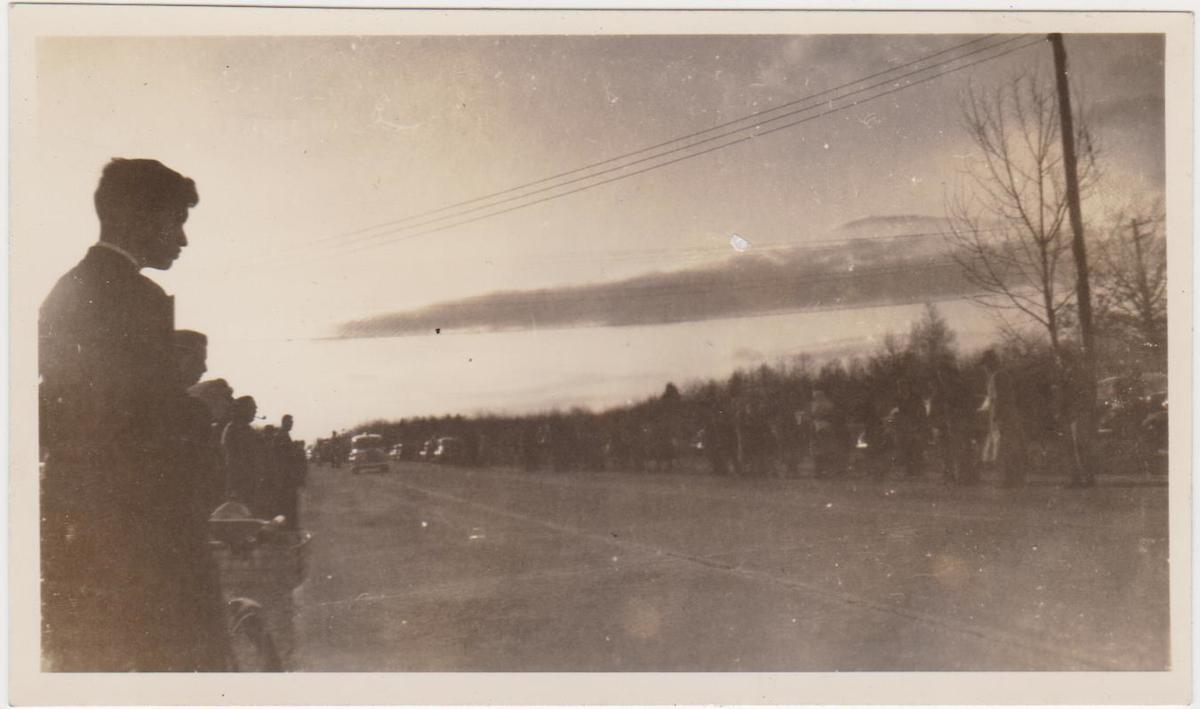
What I do ain’t make-believe
People say I sit and try
But when it comes to being de la
It’s just me myself and I
It’s just me myself and I
It’s just me myself and I
It’s just me myself and I
– Me Myself and I, De La Soul
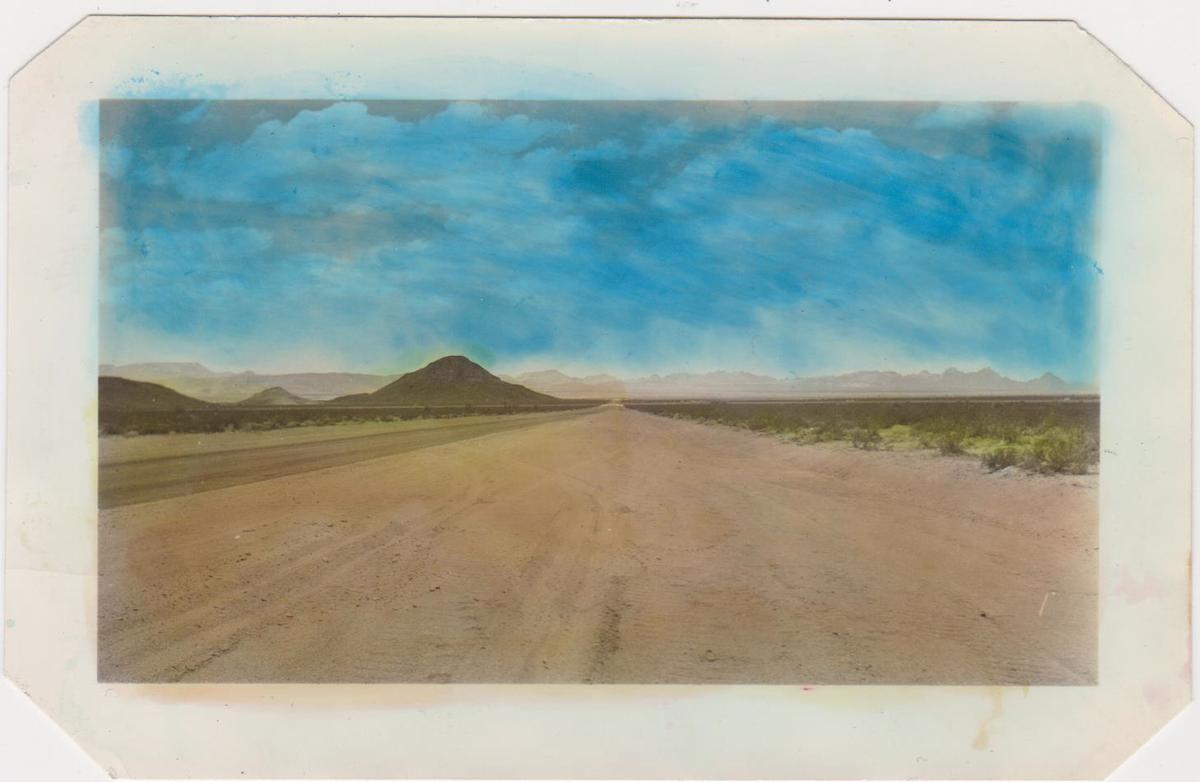
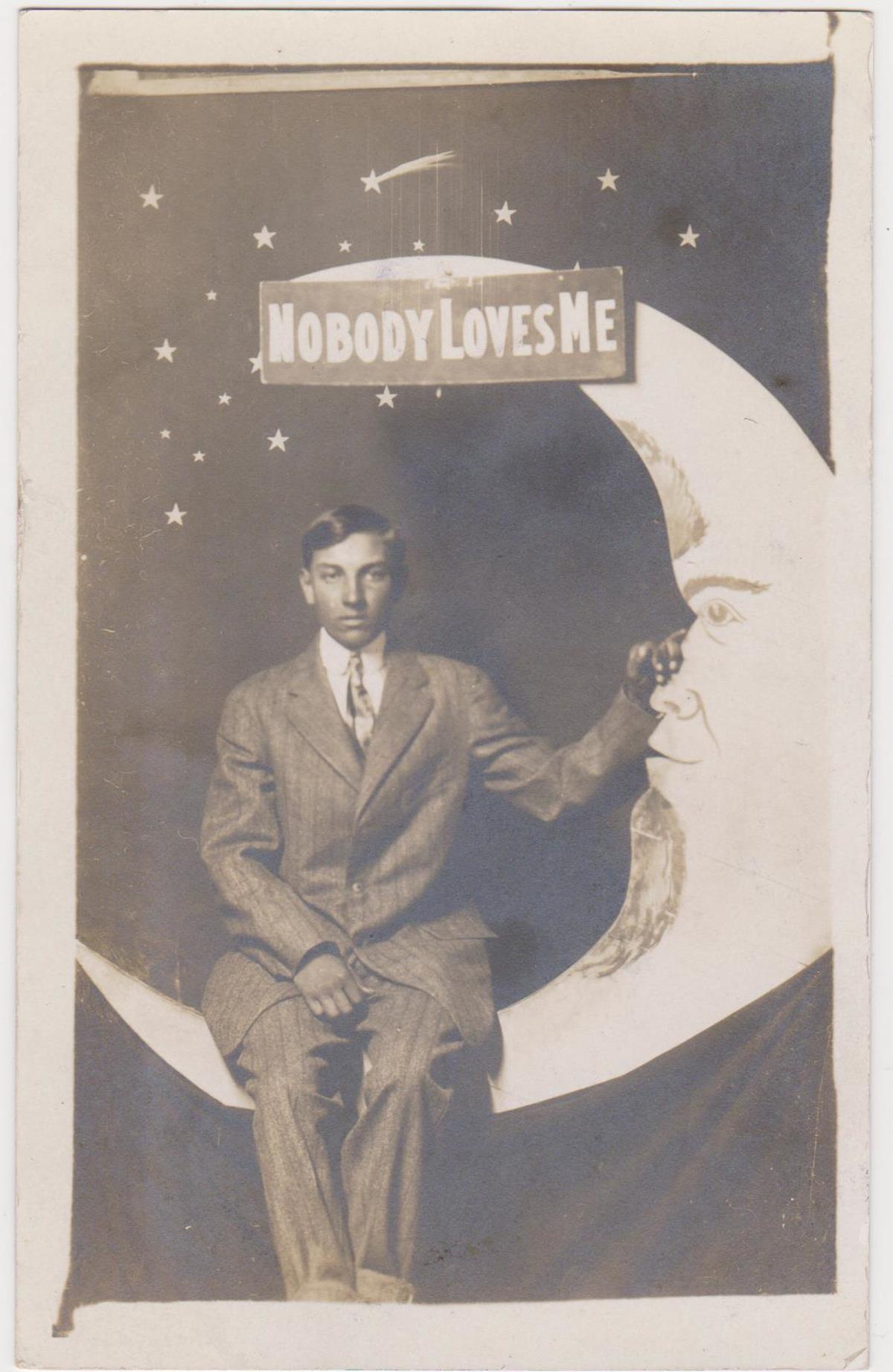
Often down here I have entered into a sanctuary … of great agony once; and always some terror; so afraid one is of loneliness; of seeing to the bottom of the vessel.
– Virginia Woolf (January 25, 1882–March 28, 1941), A Writer’s Diary
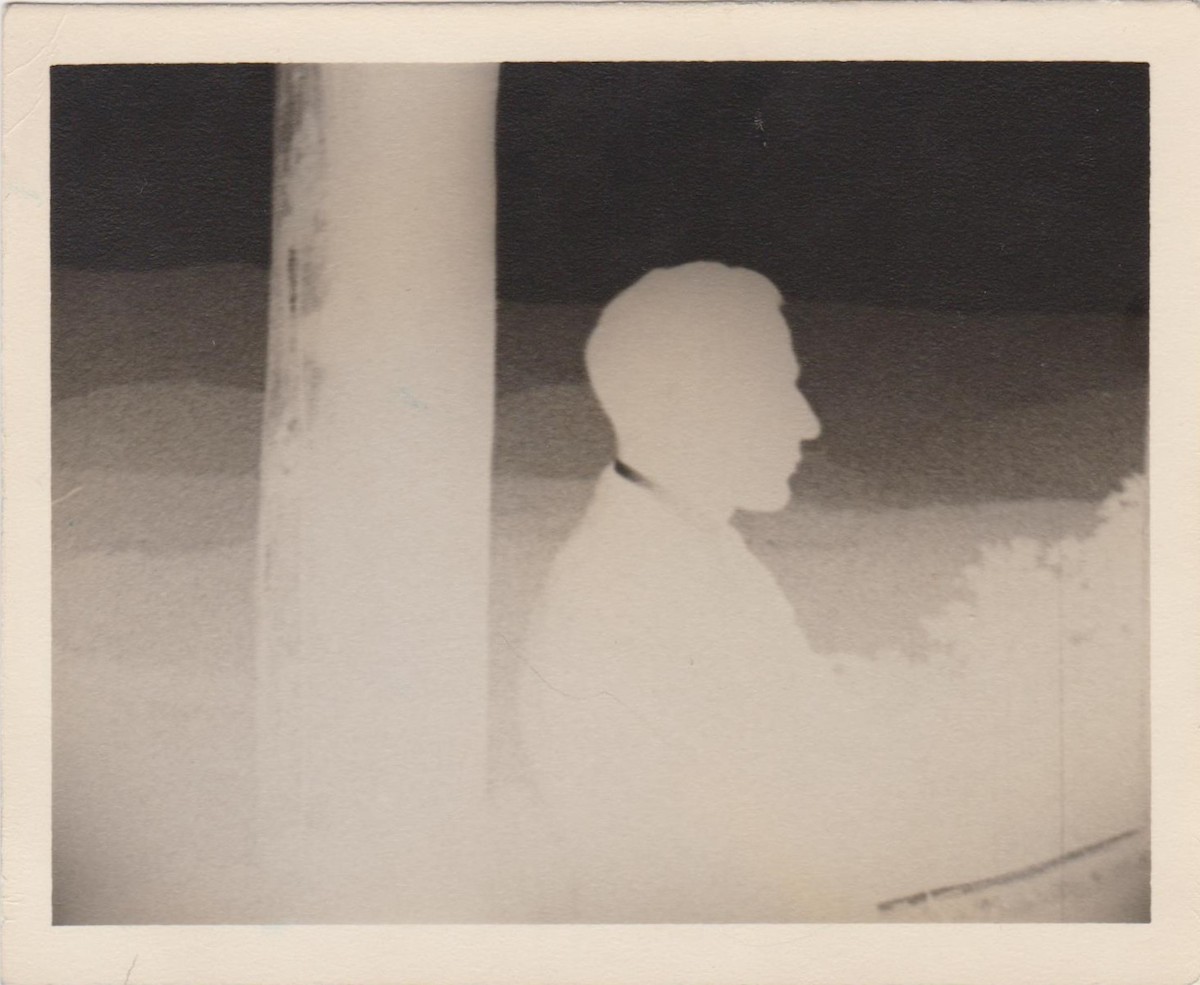
Eleanor Rigby, picks up the rice
In the church where a wedding has been
Lives in a dream
Waits at the window, wearing the face
That she keeps in a jar by the door
Who is it for
All the lonely people
Where do they all come from?
All the lonely people
Where do they all belong?
– The Beatles, Eleanor Rigby
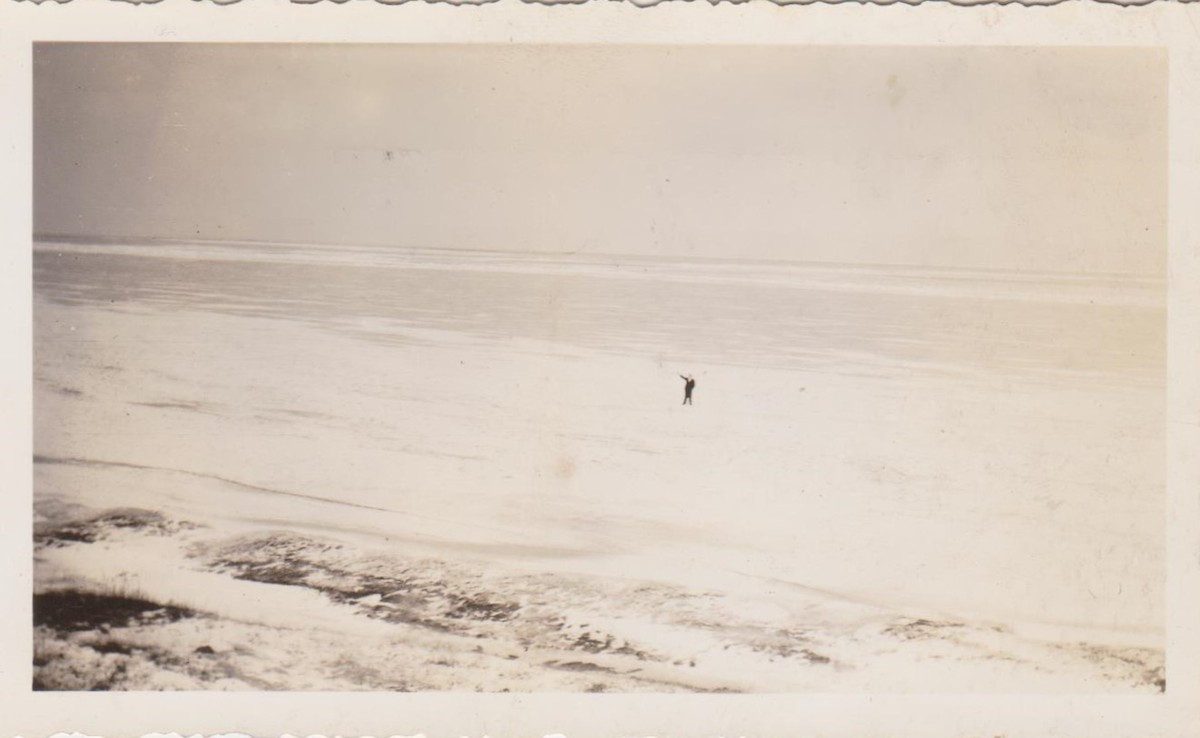
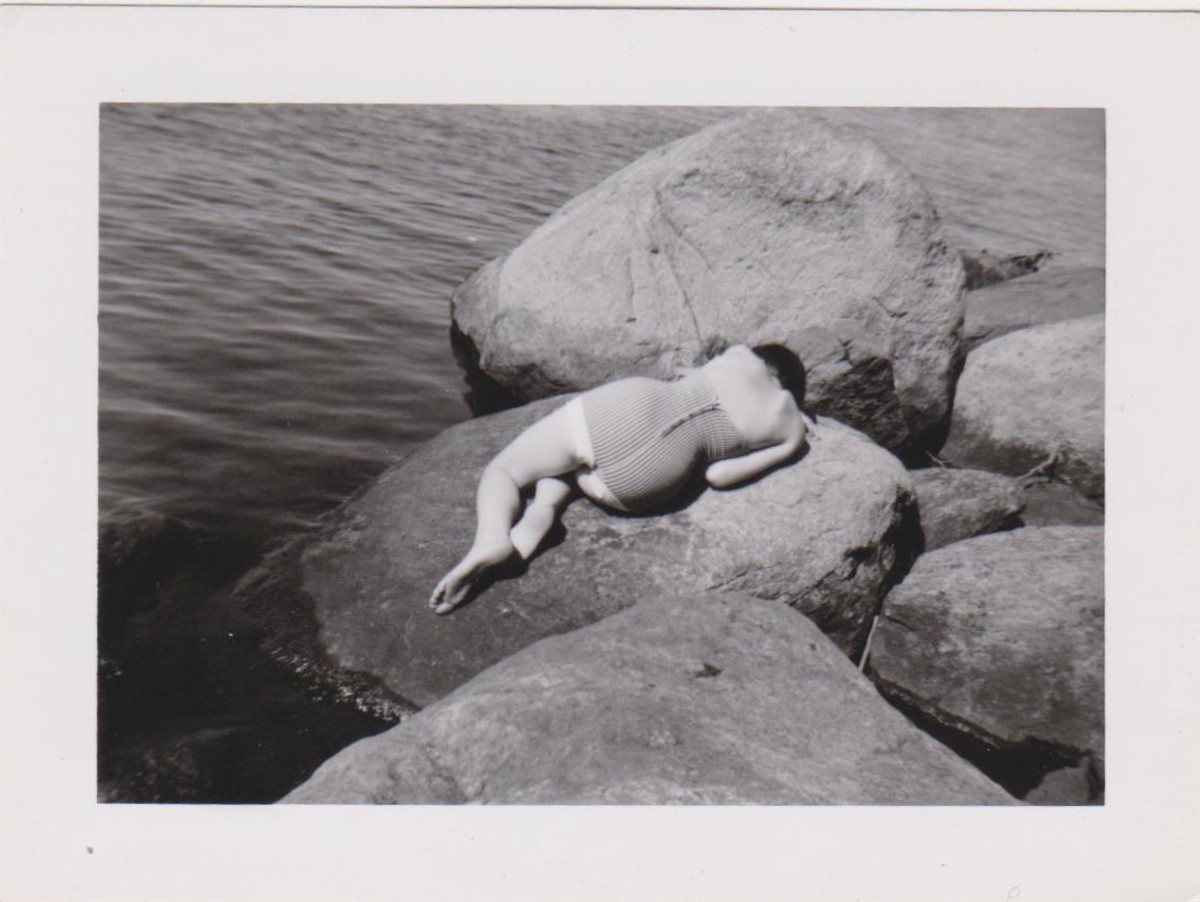
Oh comforting solitude, how favorable thou art to original thought! How satisfying and rewarding are the long winter evenings spent in the private laboratory, at the very time when educational centers are closed to their workers! Such evenings free us from poorly thought out improvisations, strengthen our patience, and refine our powers of observation. What care we zealously lavish on our own instruments — each one representing a vanity disowned or a bad habit unindulged! Because we love them we appreciate their fine points, we are aware of their defects, and we avoid the traps they occasionally set for us. In short, we understand their friendly soul, which always responds humbly and quickly to our needs.
– Santiago Ramón y Cajal (May 1, 1852–October 17, 1934), Advice for a Young Investigator
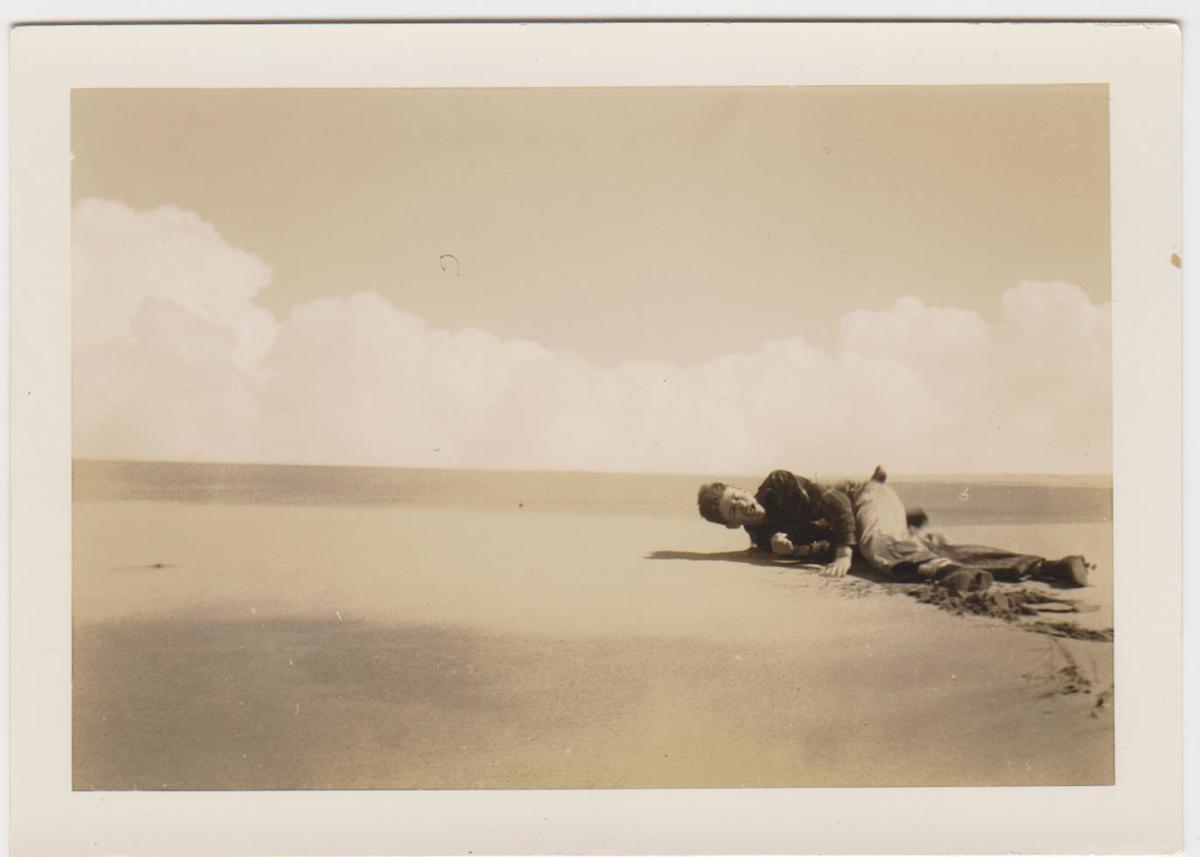
Are you lonesome tonight,
do you miss me tonight?
Are you sorry we drifted apart?
Does your memory stray to a brighter sunny day
When I kissed you and called you sweetheart?
Do the chairs in your parlor seem empty and bare?
Do you gaze at your doorstep and picture me there?
Is your heart filled with pain, shall I come back again?
Tell me dear, are you lonesome tonight?
– Elvis Presley, Are You Lonesome Tonight?
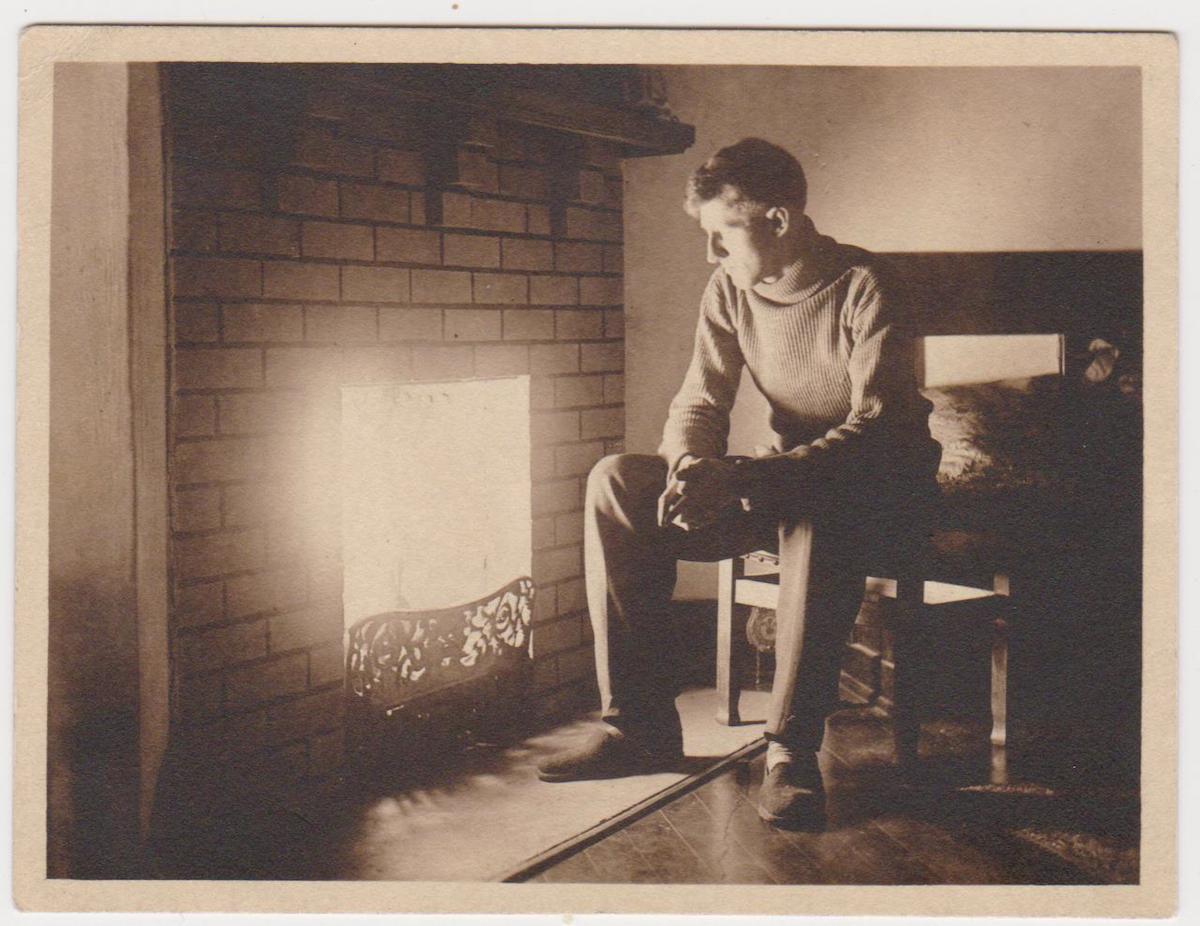
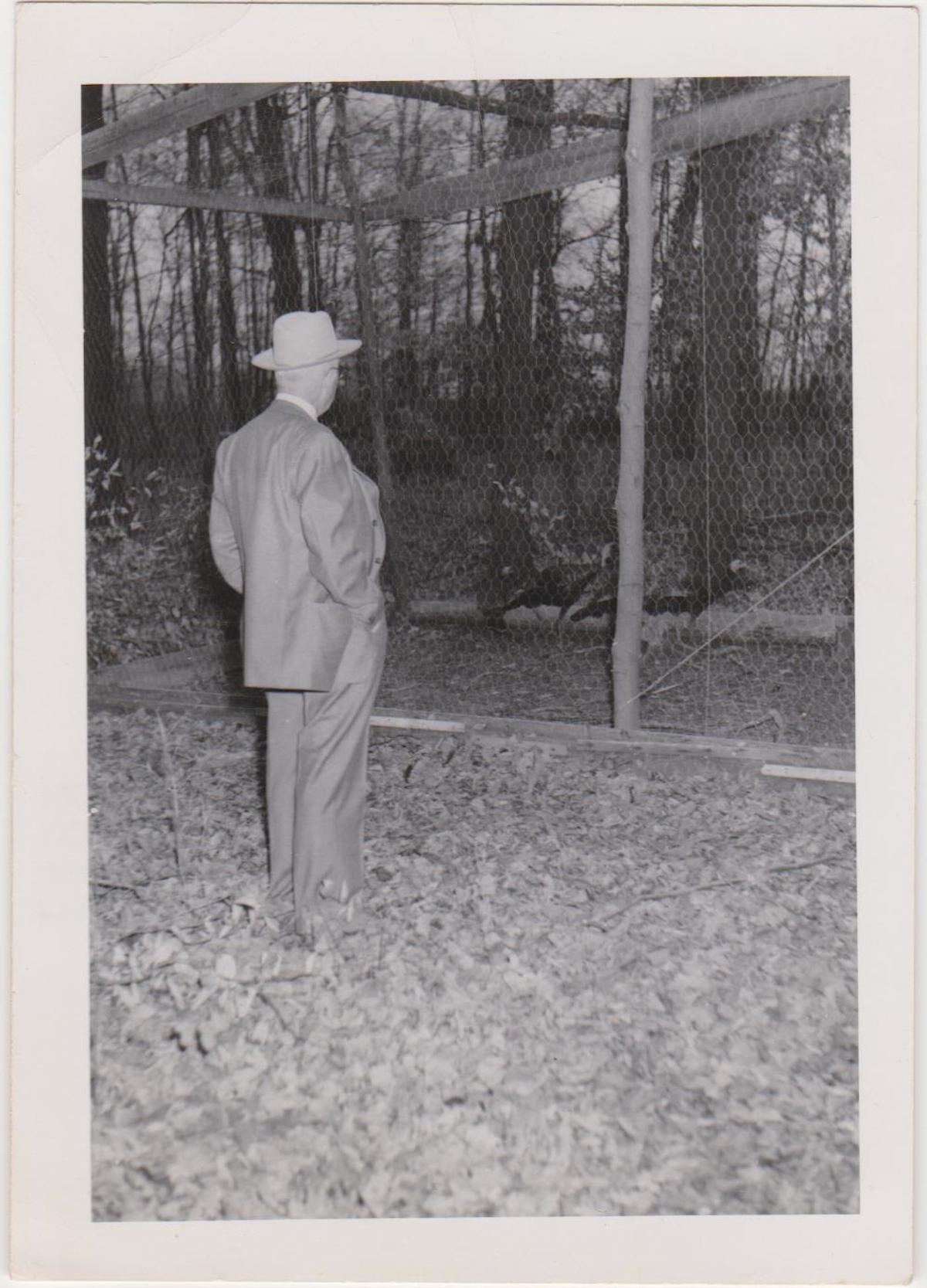
We enter solitude, in which also we lose loneliness…
True solitude is found in the wild places, where one is without human obligation.
One’s inner voices become audible. One feels the attraction of one’s most intimate sources.
In consequence, one responds more clearly to other lives. The more coherent one becomes within oneself as a creature, the more fully one enters into the communion of all creatures.
– Wendell Berry (born August 5, 1934), What Are People For?
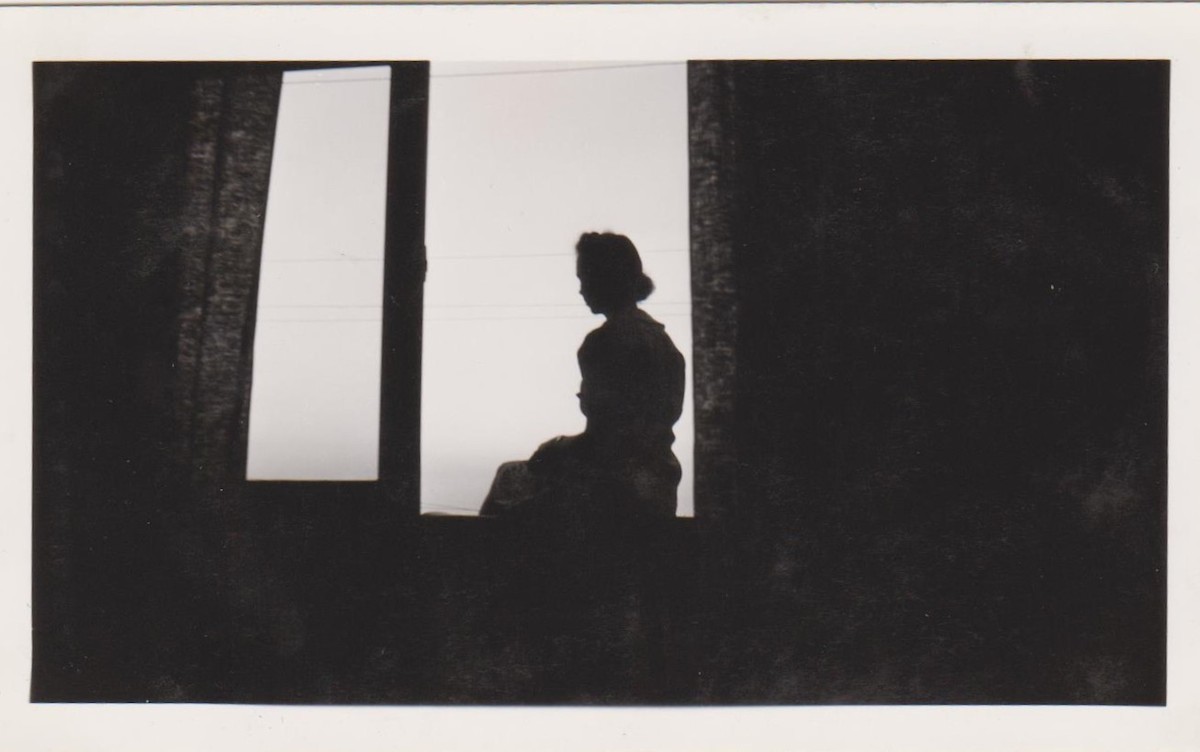
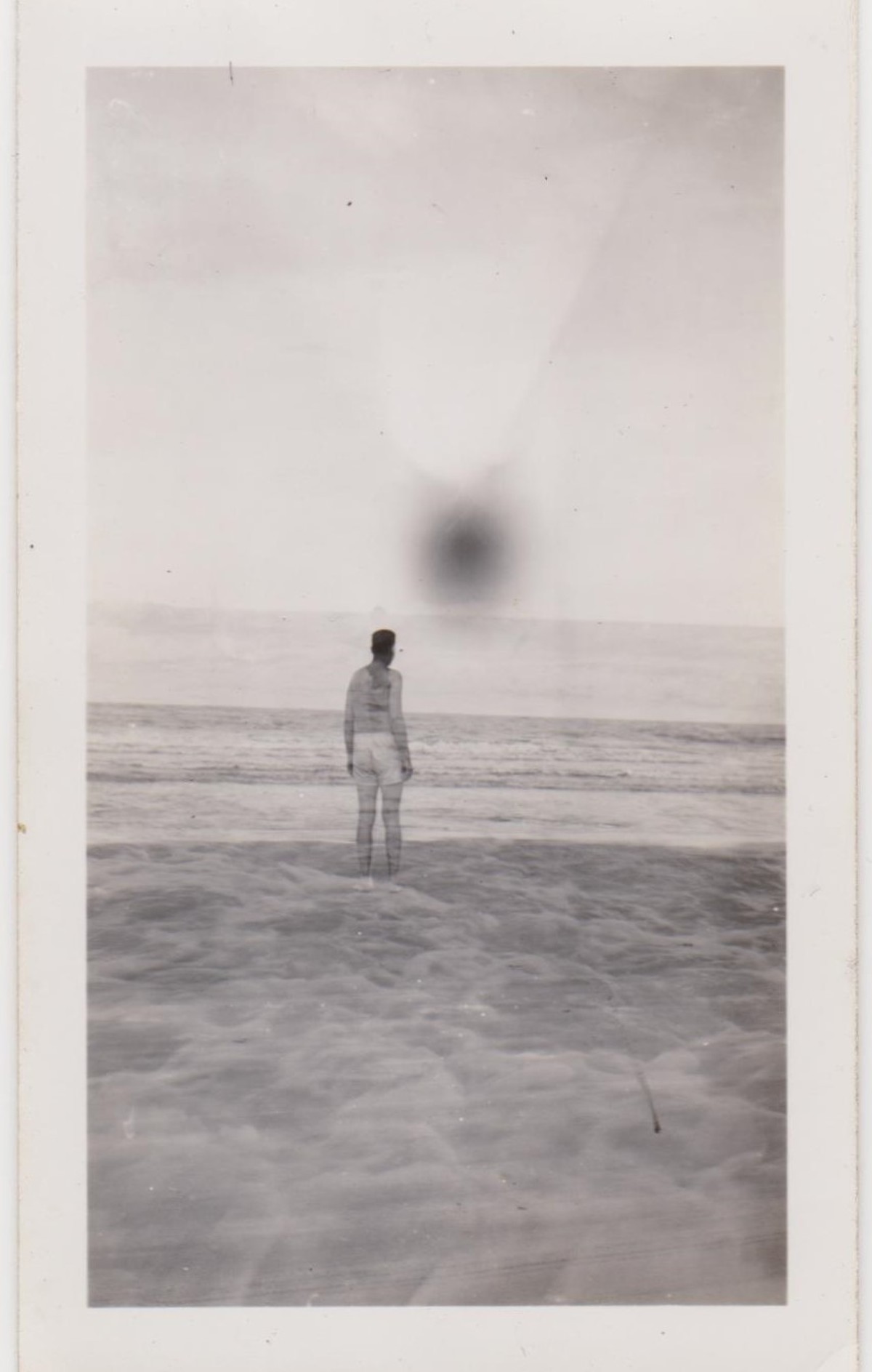
The time will come
when, with elation,
you will greet yourself arriving
at your own door, in your own mirror,
and each will smile at the other’s welcome,
and say, sit here. Eat.
You will love again the stranger who was your self.
Give wine. Give bread. Give back your heart
to itself, to the stranger who has loved youall your life, whom you ignored
for another, who knows you by heart.
Take down the love letters from the bookshelf,the photographs, the desperate notes,
peel your own image from the mirror.
Sit. Feast on your life.
– Derek Walcott (January 23, 1930–March 17, 2017), Love After Love
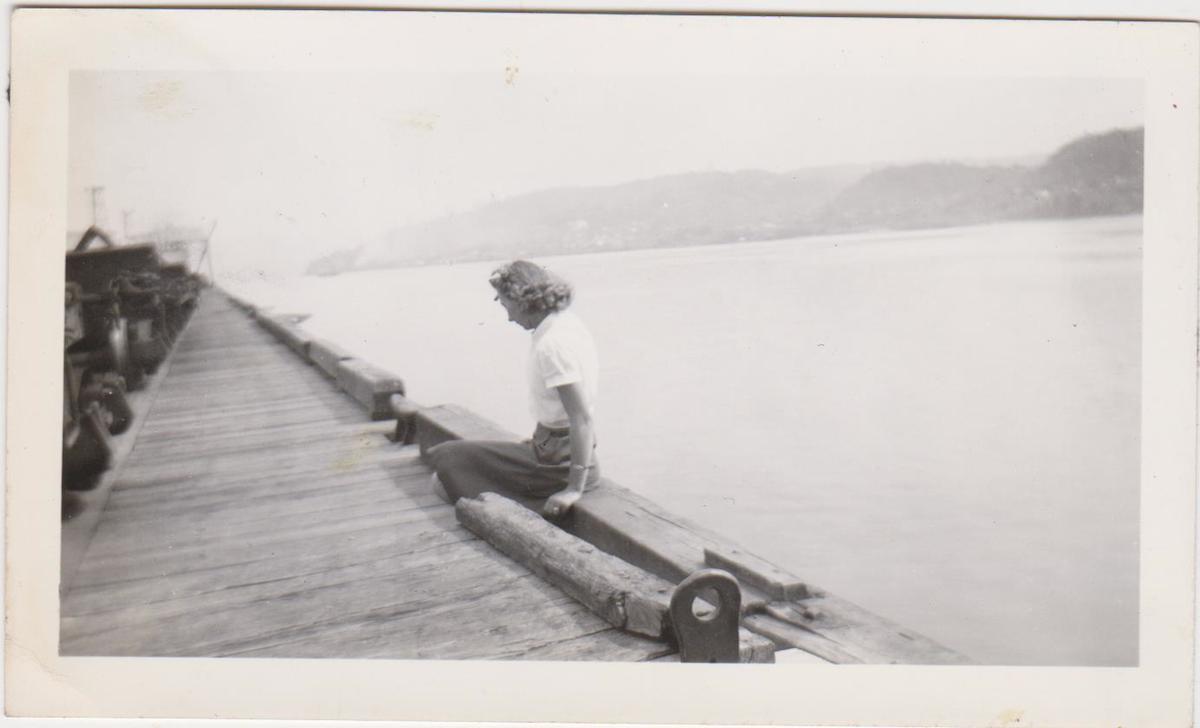
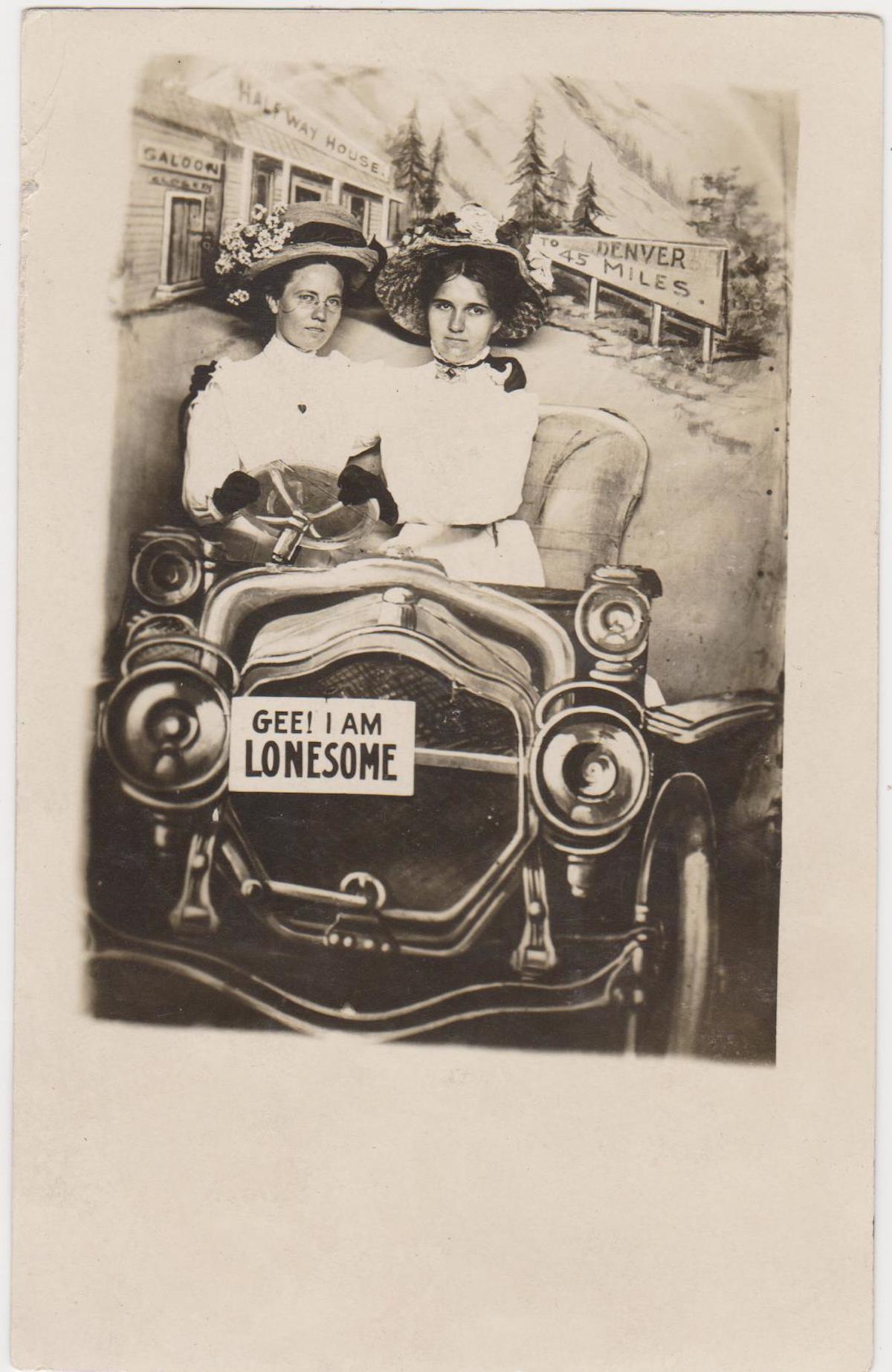
For more vintage wonders follow Robert E. Jackson on Instagram.
Would you like to support Flashbak?
Please consider making a donation to our site. We don't want to rely on ads to bring you the best of visual culture. You can also support us by signing up to our Mailing List. And you can also follow us on Facebook, Instagram and Twitter. For great art and culture delivered to your door, visit our shop.











